There are a number of unique and pressing health concerns for migrant populations, and the School’s work on migration spans a number of departments.
The library has a range of books available on migration, spread throughout the collection. Books specifically on migration can be found under the shelfmark ZYG, currently in the Barnard Room. Some items from the collection include:
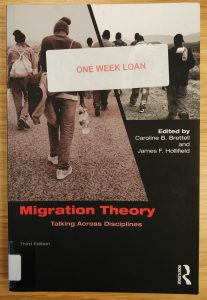 |
Migration theory : talking across disciplines C. Brettell & J. F. Hollifield (eds), 2015
Shelfmark: ZYG (2015) |
Summary (via Amazon):
During the last decade the issue of migration has increased in global prominence and has caused controversy among host countries around the world. To remedy the tendency of scholars to speak only to and from their own disciplinary perspective, this book brings together in a single volume essays dealing with central concepts and key theoretical issues in the study of international migration across the social sciences. Editors Caroline B. Brettell and James F. Hollifield have guided a thorough revision of this seminal text, with valuable insights from such fields as anthropology, demography, economics, geography, history, law, political science, and sociology.
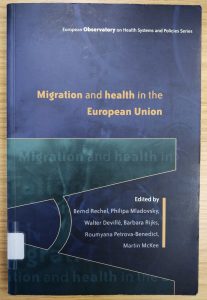 |
Summary (via WorldCat):
This book, part of the European Observatory on Health Systems and Policy series, focuses on the different aspects of migration and health and how they can be addressed by health care systems. This is
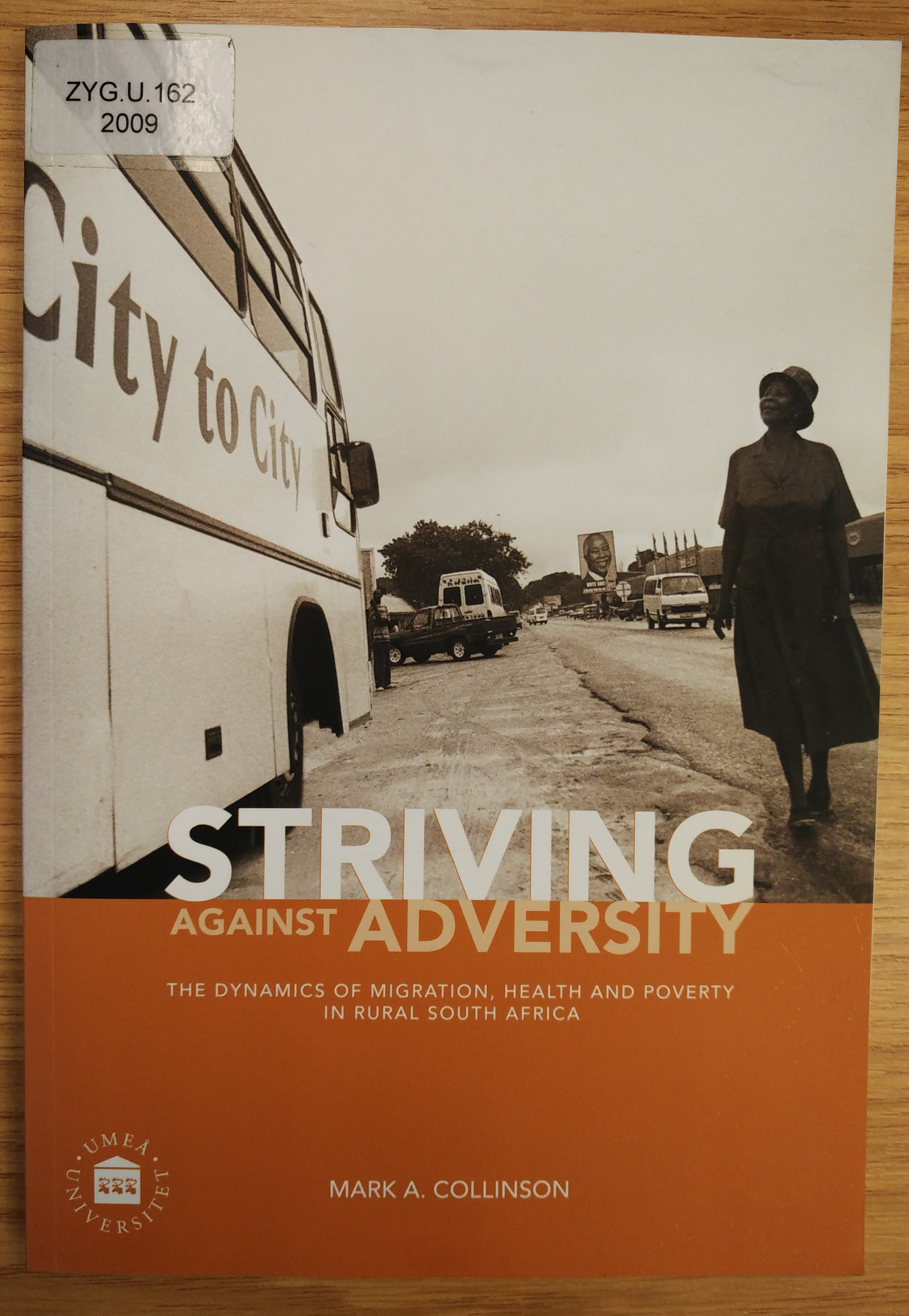 |
Striving against adversity : the dynamics of migration, health and poverty in rural South Africa M.A. Collinson, 2009
Shelfmark: ZYG.U.162 (2009) |
Summary (via WorldCat):
The findings show that in rural South Africa, temporary migration has a major impact on household well-being and health. Remittances from migrants make a significant difference to socioeconomic status (SES) in households left behind by the migrant. For the poorest households the key factors improving SES are government grants and female temporary migration, while for the less poor it is male temporary migration and local employment. Migration is associated with HIV but not in straightforward ways. Migrants that return more frequently may be less exposed to outside partners and therefore less implicated in the HIV epidemic. There are links between migration and mortality patterns, including a higher risk of dying for returnee migrants compared with permanent residents. A mother’s migration impacts significantly on child survival for South African and former refugee parents, but there is an additional mortality risk for children of Mozambican former refugees.
|
The age of migration : international population movements in the modern world S. Castles, H. de Haas & M.J. Miller, 2013
Shelfmark: ZYG (2013) |
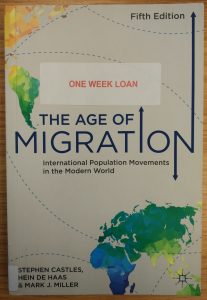 |
Summary (via Amazon):
This leading text in the field provides a comprehensive assessment of the nature, extent and dimensions of international population movements and of their consequences. Thoroughly revised and updated, the 5th edition assesses the impact of the global economic crisis for migration and includes new material on climate change.
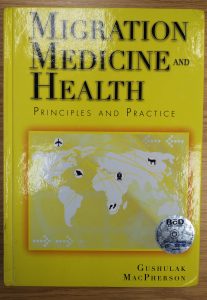 |
Migration medicine and health : principles and practice B. D. Gushulak, 2006
Shelfmark: ZYG.S (2006) |
Summary (via WorldCat):
Throughout human history migration and disease have been intimate, sometimes deadly partners. This text offers an overview of the historical triggers and ethical issues that spurred development of







